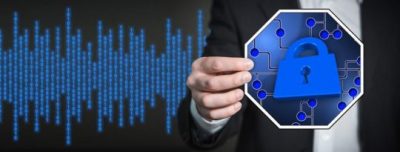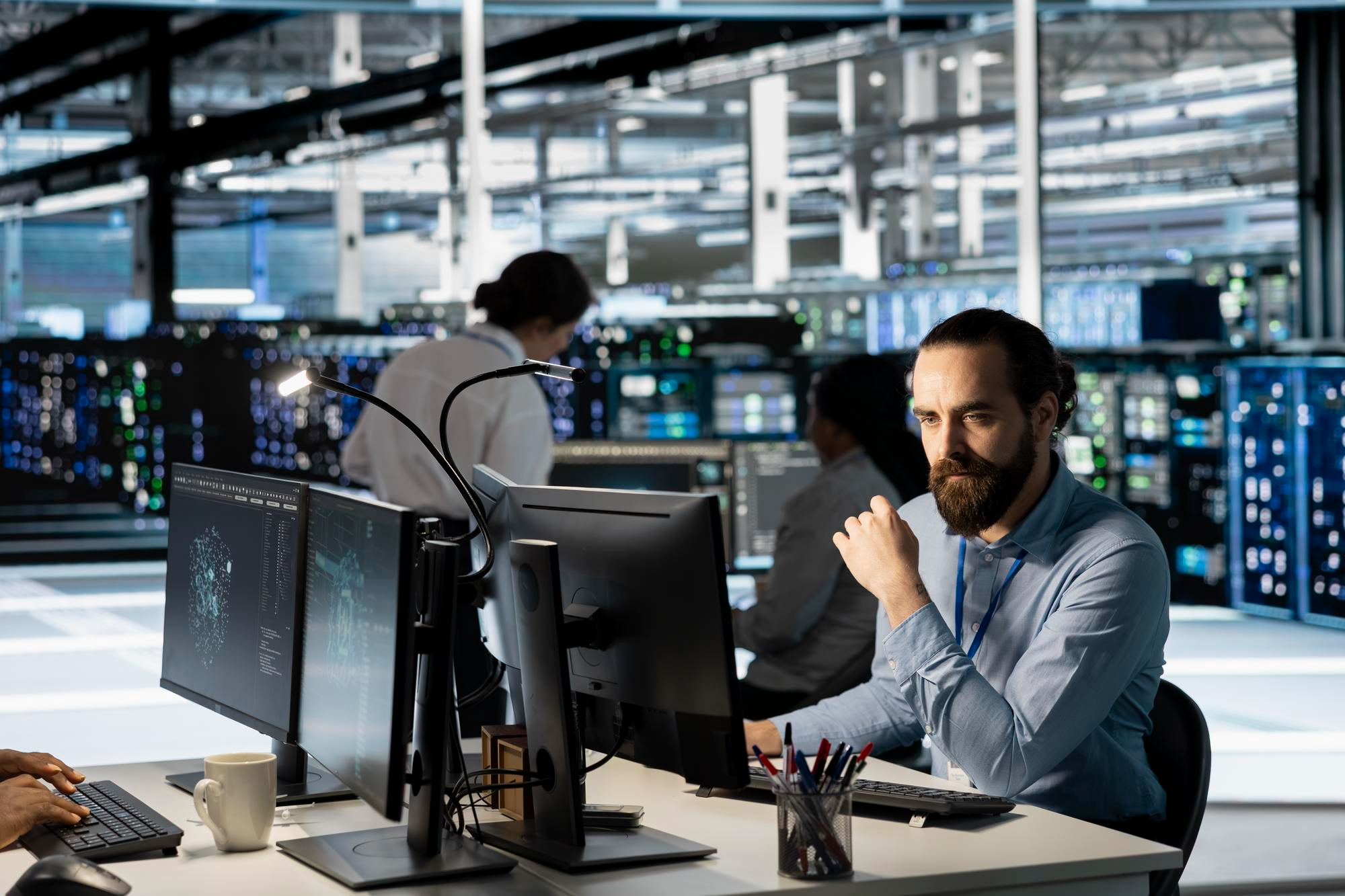According to Webopedia.com, a computer virus is a piece of code or a program that is being uploaded into your system without you even knowing it. The worse part is they can replicate themselves, take over your device, and cause great destruction in your software. Viruses are essentially man made. It is a term used to describe malware in computers. This piece of computer program was written by somebody who generally has a criminal and malicious intent.
It takes various forms, including worms, spyware, and trojan horses. This computer malware is normally unleashed to do great damage or start some sort of felony. It doesn’t just cause serious harm to your files and data but it can steal information, such as passwords, usernames, credit card and banking information that you enter when logging into your online bank accounts. For this reason, it’s important to take great caution when inserting drives and using third party software.
Analysing Computer Viruses
Now that we generally have an idea about viruses, their forms, and how these can cause damage to our computer systems, it’s time to dig deeper into what they can do and how they can be acquired. Malware originates in diverse ways. Most of the time, it is sent via email, where the unsuspecting recipient opens an attachment or a link that looks vague but harmless. Sometimes it’s sent under an organisation or a social cause. Thus, opening this seemingly innocent attachment releases the virus and starts downloading in your system.
Other sources are embedded web pages, peer-to-peer networks, infected CDs, disks, or external drives. Plenty of these malicious programs are now designed to take control of your computer system – resulting in hosting illegal data and spam mails for perhaps, extortion purposes. In case you haven’t heard of the term ‘zombie’ or ‘bot’, these are the words that describe computers once they have been infected by a virus. They can’t stop the virus from spreading or giving sensitive information.
Virus Production and Spreading
Since a single virus can replicate itself over and over again, it can spread relatively easily and take over a system in a flash. What’s dangerous is it uses up all the available memory in your computer and crashes it. Another type of virus is one that is capable of accessing and transmitting itself in multiple networks and bypasses your computer’s security systems.
Back in 1987, a virus compromised ARPANET, a network used by many universities as well as the Defence Department, compromising sensitive information. During this time, many antivirus applications emerged. These programs can detect and check your computer periodically to catch any malicious programs. They can also identify viruses, worms, and trojan horses.
Warnings and Hoaxes
Because of the growing number of people who are being threatened by these malwares, plenty of hoax messages have started to spread. These hoax emails suggest that even without downloading the virus attachment and just simply reading the email -the virus can still trash your computer’s hard disk and BIOS. These fake warnings are alarming people in extreme levels. So much so that some people are actually afraid of even opening a suspicious email.
Furthermore, some misinformed people buy into hoax email instructions: “Let your loved ones know. Please send this to as many people as possible”. Now, you have to be smart in dealing with these situations and not cause or pass on panic. Keep in mind that you should look for authentic antivirus websites that actually promote facts rather than believe hearsay about computer viruses and hoax emails. Be cautious and be smart with your emails. Verification and research are two important keys.
Getting AntiVirus Protection
Every computer needs good non-expired antivirus protection. This helps you catch the bad guys. Antivirus programs can automatically detect anything on your computer that is suspicious and shouldn’t be there. Moreover, if you need to scan your drives, you can simply clean it using your virus protection software. There’s just one problem. Many virus and malware programs that circulate worldwide have become more advanced. Thus, even with the presence of an antivirus program, viruses can hide in your system.
What you should do is purchase good antivirus protection and make sure it’s up-to-date. Then keep your computer system – your OS and applications, updated with patches. On the practical side, don’t open any email attachment that you’re not expecting to receive or might look suspicious. In case of receiving a link within an email from a familiar provider, don’t click on the link, use the bookmarked version of the site instead -just in case. Lastly, be careful of what you install on your computer and don’t just plug in anything to your system.
Protecting Your Computer
In addition to the practical steps we provided above, it would help if you consult your local IT support service. They can assist you in removing harmful programs as well as detecting malwares in your computers. Furthermore, they understand the ins and outs of the job-they are the experts. So you can’t go wrong about hiring them to check your networks or laptops. These experts can also recommend and install the best antivirus software for your computer systems.
Catalyst Computers is an all-around tech support solution that is based in Alexandria. They offer tailored services for small businesses. They also have a range of IT services, including repair, computer sales, server deploy and installation, virus and spyware removal, and more. They have a professional team that can assist you with your diverse computer needs. Every computer needs to be in top shape. Everybody needs to feel assured that their personal information is intact and safely stored.
We hope that we were able to provide an informative narrative on viruses. Bookmark this page and keep it handy, so that the next time you’re encountering any computer virus concerns, you can access this article and get on with the next step. It is highly recommended to seek help from computer experts, such as Catalyst Computers, as they have the training, the technology, and the heart to help you with your needs.
For more information on computer malwares, anti-virus programs, and Catalyst Computers, get in touch with them at 0291863781. There’s a FREE consultation offered to the callers today.






